We grow up picking up or being taught to be strong, to defend our turf and hold our positions physically or in a debate or argument. We are often seen as stronger when we can pull down others’ arguments and strengthen our case. To put it bluntly, we only ‘win’ an argument when we successfully pull down the argument of the other person or the opposition rather than when we win, and they are still standing where they were. In a sense, it is like the zero-sum game, where we only ‘win’ or feel good with ourselves if the other person loses.
Because of this way of thinking, we behave in a conversation or a debate, like the more arguments we pile up just like in a scale, the more we think we will win the arguments. Therefore, we often lose the vital ability to listen to each other and to expand our points of view and thinking. In a very simple way, we do not learn anything from other people when we are talking or advocating our position, rather we would be digging into our position and entrenching our sense of ‘smartness or foolishness’, but we do not learn anything new.
We only learn when we listen to others, when we learn to allow the thinking of others to come into our ‘space’ or give them a chance to thrive in our ecosystem. Without listening, we lose perspective of the other side, of what we do not know or what we could have known. How much knowledge and information we have left on the table because we wanted to push all our points across the table and push out/over the points and views. How better our lives and worldviews would have been exponentially more, if we did not think we were so smart and so articulate in our thinking and delivery.
Changing our worldview about how ‘smart’ people think is a core competence or behaviour that everyone should learn as children or relearn as adults. When we can do this successfully, we expand our understanding and perspectives and create more allies and become better than we were coming out of a classroom, a discussion, an engagement, a debate, a meeting, an interaction with a person, a book, or an idea. Sometimes the debate we have is in our heads, indeed how we respond to what we are hearing, reading, or thinking starts internally. When we read a book, we have a choice to introspect or ask ourselves if we are open to listening to or hearing what the writer is trying to convey. Every engagement we have is an opportunity to expand our repertoire of knowledge or to deepen what we think we already know. So, like the letter ‘T’, are you deepening your vertical thinking and staying in one place – you know so much about a few things or are you extending (and slightly deepening) your horizons so you know more and can interact and impact the world with what you know. The bee-like thinking allows us to pollinate the world with what we know or to test what we think we know. Just to be sure, the opposite of bee-like thinking is our tendency to hoard knowledge after the age-old maxim – knowledge is power. I daresay, that we need to update that maxim to shared knowledge is power. When you share, you have a choice to learn and test what you think you know. Testing what we think we know helps us deepen the T- horizontals of our thinking and worldview.
Being open to other points of views does not and should not mean proposing that we accept all points of views without thinking through. Rather, I am advocating that we are open to the thinking of others and that we test what we think we know as we also listen to what others are saying. Just think about it… when you just finished reading a book, left a conversation, an engagement, or a meeting, what truly did you learn that you did not know before? The strength of your answer should tell you the shape of your ‘T’ – whether you are deepening your verticals or extending your horizontals. Be definite in your approach to learning and impacting the world.
Research has shown that opening up our way of thinking or engaging with others does a lot to foster strong relationships and sustain long term results – both in business and personal life.


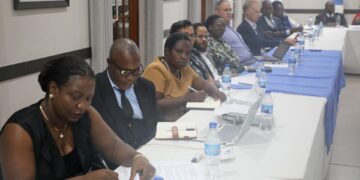
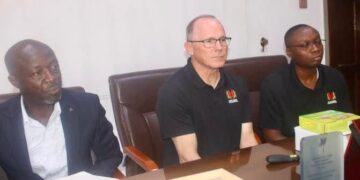


























































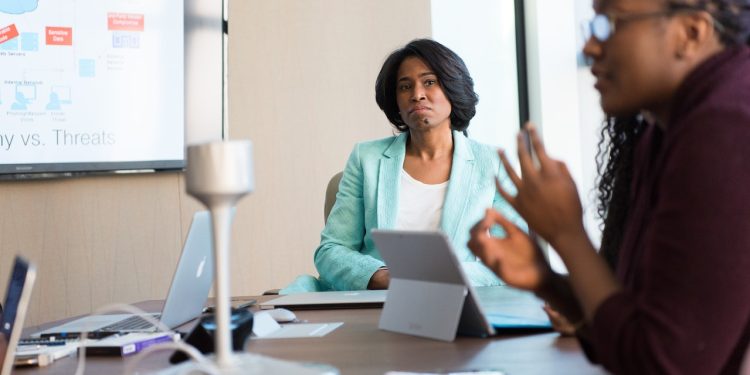





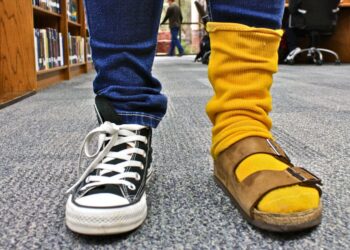


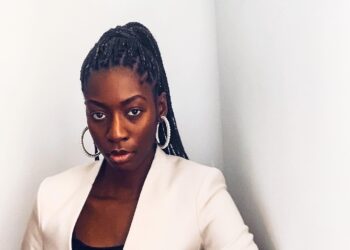











 EduTimes Africa, a product of Education Times Africa, is a magazine publication that aims to lend its support to close the yawning gap in Africa's educational development.
EduTimes Africa, a product of Education Times Africa, is a magazine publication that aims to lend its support to close the yawning gap in Africa's educational development.